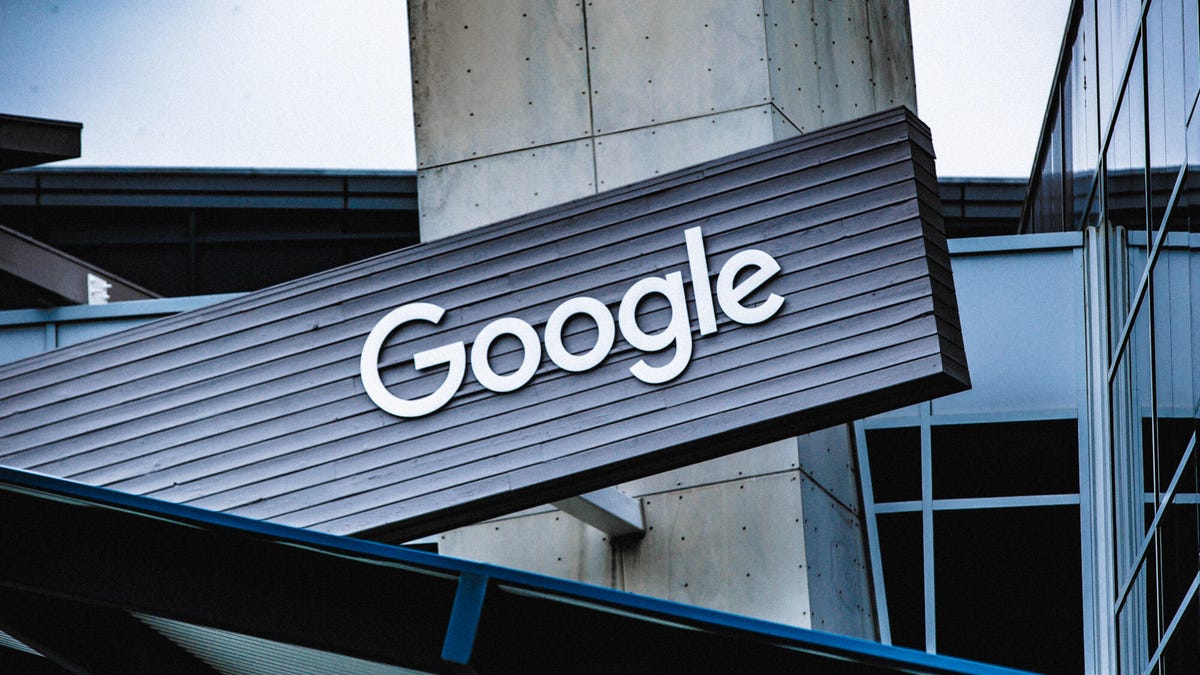Penske Media Sues Google Over Use of Publisher Content in AI Overviews

Key Points
- Penske Media sued Google for allegedly using publisher content in AI Overviews without permission.
- The complaint claims Google's dominance forces publishers to lose traffic and revenue.
- Google argues its AI Overviews send "higher quality clicks" and will defend the lawsuit.
- A recent court ruling found Google illegally protects its search monopoly.
- A victory for Penske could require licensing agreements for AI‑generated summaries.
- The case highlights broader disputes over AI training on copyrighted news content.
Penske Media, owner of publications such as Rolling Stone, Variety and Billboard, filed a lawsuit in U.S. District Court alleging that Google illegally uses their content and that of other publishers to populate AI Overviews that appear at the top of search results. The complaint says Google's dominance forces publishers to surrender traffic and revenue, while AI Overviews divert clicks away from original sites. Google has responded that its services send “higher quality clicks” and will defend the claims. The case could shape how AI‑generated summaries are licensed and impact the broader relationship between search platforms and news publishers.
Background
Penske Media, which owns a portfolio of well‑known publications including Rolling Stone, Variety and Billboard, has traditionally relied on search traffic from Google to drive readers to its sites. In recent years, Google introduced AI Overviews—concise, AI‑generated summaries that appear at the top of search results and draw on information from the web.
Lawsuit Claims
In a complaint filed in U.S. District Court for the District of Columbia, Penske alleges that Google is "illegally using" the content of its publications and those of other news outlets to populate the AI Overviews. The filing argues that Google’s monopoly in online search coerces publishers into acquiescing to the misappropriation of their work, diverting readers away from the original sites and depriving publishers of revenue they would otherwise earn from their journalists’ content. The complaint contends that the forced entry of Google into the online publishing market will result in less traffic and less revenue for publishers that actually generate original content.
Google’s Response
Google has pushed back, stating that the company provides a valuable service that sends billions of clicks to sites across the web each day. A policy communications manager for Google said, "Every day, Google sends billions of clicks to sites across the web, and AI Overviews send traffic to a greater diversity of sites." The company maintains that AI Overviews generate "higher quality clicks," meaning visitors stay longer and engage more deeply with the sites they are directed to. Google indicated it will defend against what it calls meritless claims.
Legal Context and Potential Impact
The lawsuit arrives after a recent district‑court ruling that found Google illegally protects its search monopoly, requiring the company to share some search data with competitors. Legal experts suggest that a Penske victory could force platforms to negotiate licensing deals with publishers for the right to include summaries in search features. It could also clarify what constitutes "transformative" use that is exempt from copyright protection and may increase regulatory scrutiny of Google’s search practices.
Broader Industry Tensions
Publishers across the industry have voiced concerns that generative‑AI tools, including OpenAI’s ChatGPT and Google’s Gemini, are being trained on copyrighted material without proper licensing. Lawsuits have been filed against several AI companies alleging infringement. Data cited in the complaint shows that when AI Overviews appear, click‑through rates to the original source material drop noticeably, raising questions about the fairness of the current model for content creators.
What Lies Ahead
The outcome of Penske Media’s lawsuit could have far‑reaching implications for the relationship between search platforms and news publishers, potentially reshaping how AI‑generated content is sourced, displayed, and compensated. The case underscores the tension between the convenience of AI‑driven summaries for users and the economic realities of the publishers who produce the underlying journalism.